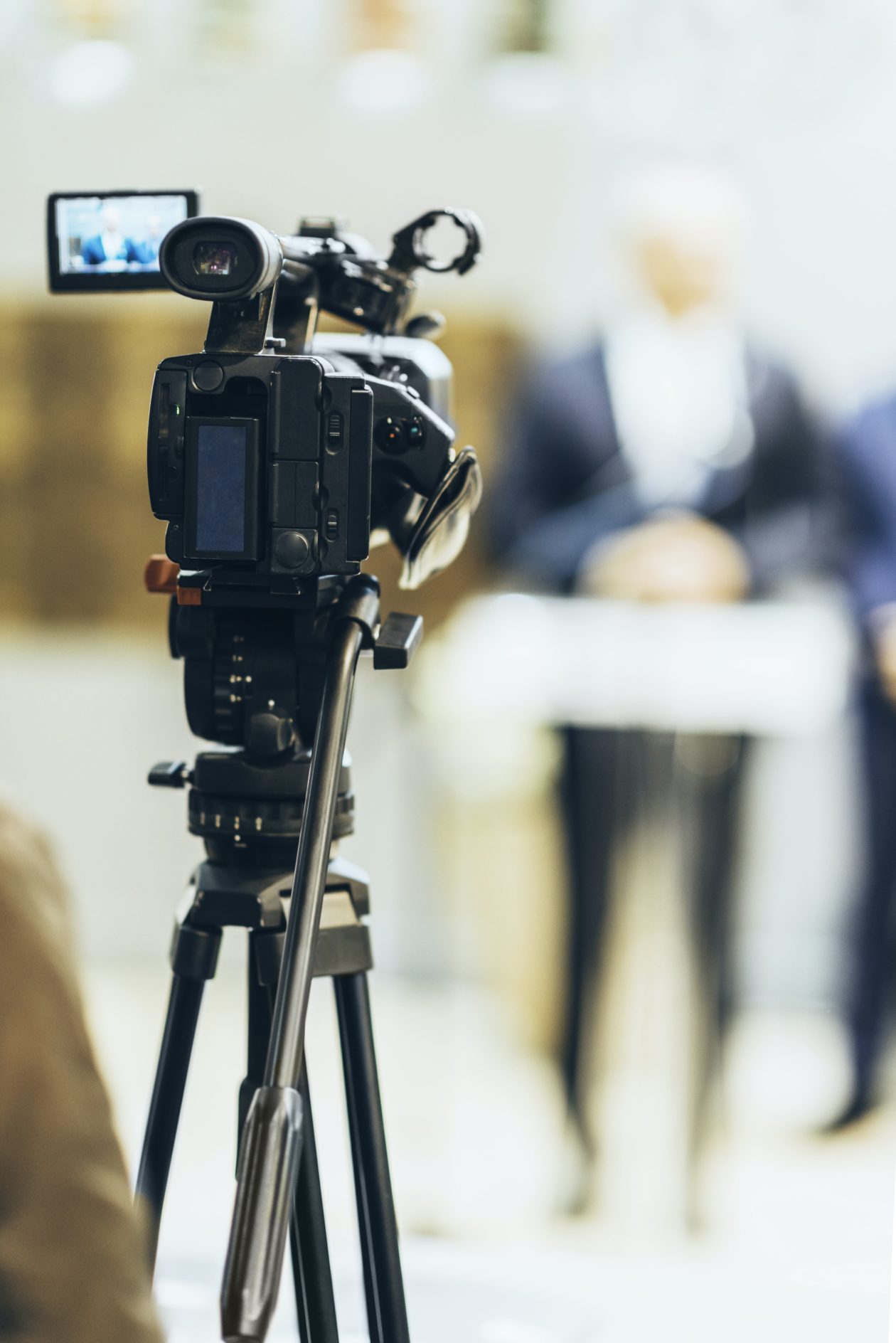Media

For all media enquiries relating to Alzheimers NZ please contact us:
Daniel Paul
Phone: 021 400 993
Email: daniel@theprcompany.co.nz
Like us on Facebook
Follow us on Twitter
Check out our Instagram
Stay up-to-date on LinkedIn
Reporting on dementia
Media plays an important role in communication ideas and information to the public. Here are some key things to keep in mind to ensure you’re reporting responsibly on the condition:
Positive images
Positive images are in breaking down the fear and stigma surrounding dementia mate wareware, and making the condition one that people are more encouraged to discuss. This might mean using images or reporting on people with dementia mate wareware who are actively engaged in their communities and living a happy life.
Stigma associated with dementia mate wareware
Unfortunately, there is significant stigma associated with dementia mate wareware. Please refrain from publishing content that reinforces those negative viewpoints and if at all possible look for stories that show people with dementia mate wareware living their best lives possible. For example, try to avoid terms like “dementia sufferers”.
A ‘cure’ for dementia mate wareware
It is important to be cautious when discussing the possibility of a ‘cure’. While this may make an appealing story, inaccurate or exaggerated suggestions in this area can raise expectations for people affected by dementia mate wareware
Where to go for help
Media can help people affected by dementia mate wareware by encouraging people to get a diagnosis if they have concerns, and by including a point of contact (ie, a local Alzheimers organisation) in their coverage.
People who are concerned that they or someone they know has dementia mate wareware should be directed to their GP or primary health practice in the first instance. For information, support and services they can reach out to their local Alzheimers or dementia organisation.
Breaking down the stigma
Telling the stories of people with dementia mate wareware, particularly high profile people who have an experience with the condition, can be helpful in normalising the condition and breaking down the stigma associated with dementia mate wareware.
Interviewing someone with dementia mate wareware
- Interviewing someone with dementia mate wareware may require patience, and in some instances it may be best to include their support person/whānau, and/or someone from the Alzheimers NZ team.
- If you are interviewing someone with dementia mate wareware, allow more time for the interview and repeat any questions as required.
- Ask one clearly phrased question at a time.
- Be aware that because dementia mate wareware is a memory condition, it may be difficult for the person to answer questions which require them to draw on their memory.
- It is common to receive short, concise responses rather than drawn out explanations from people with dementia mate wareware.
- Check with the person’s support person/whānau after the interview, or provide a draft of your article for fact checking if possible.

